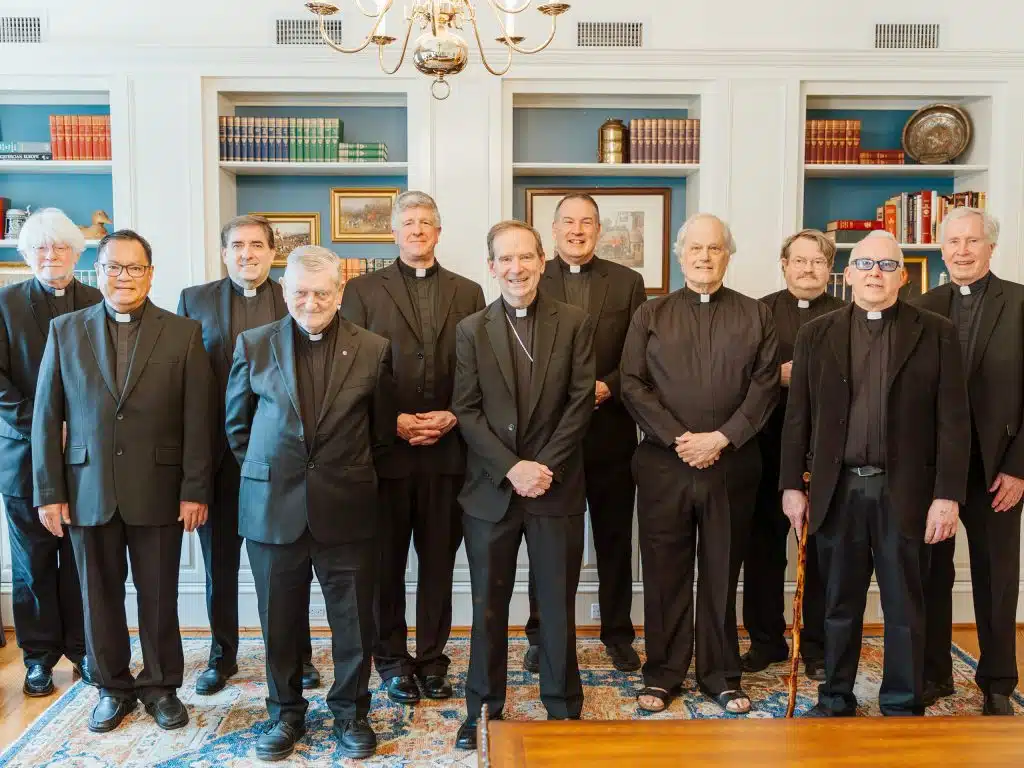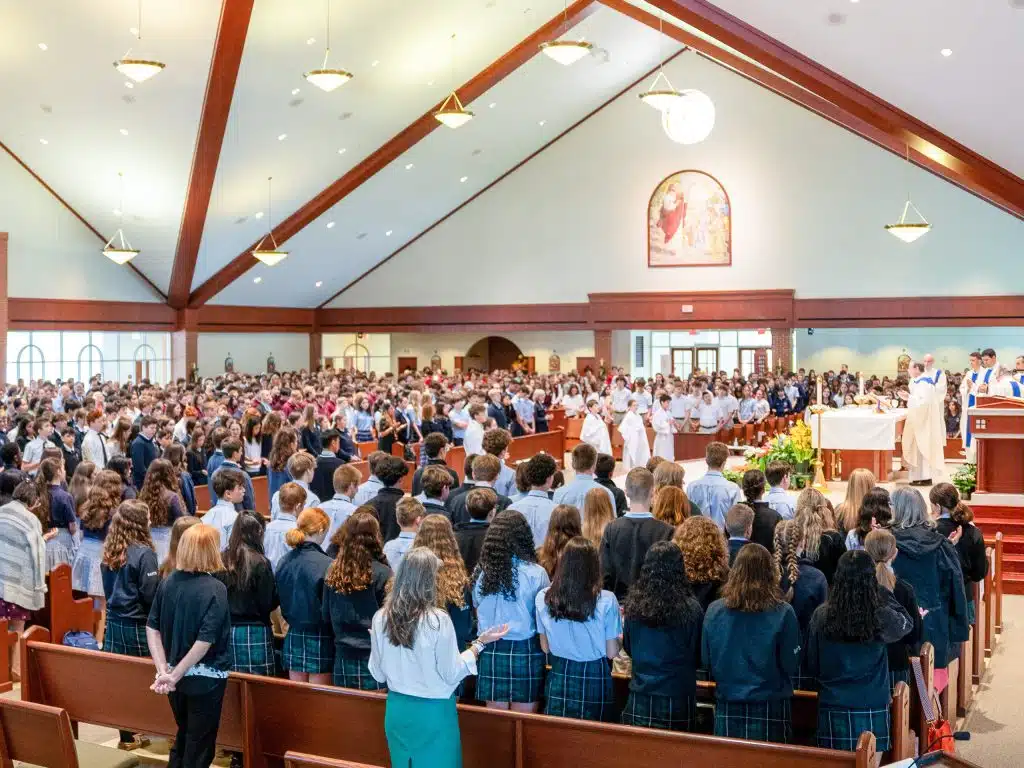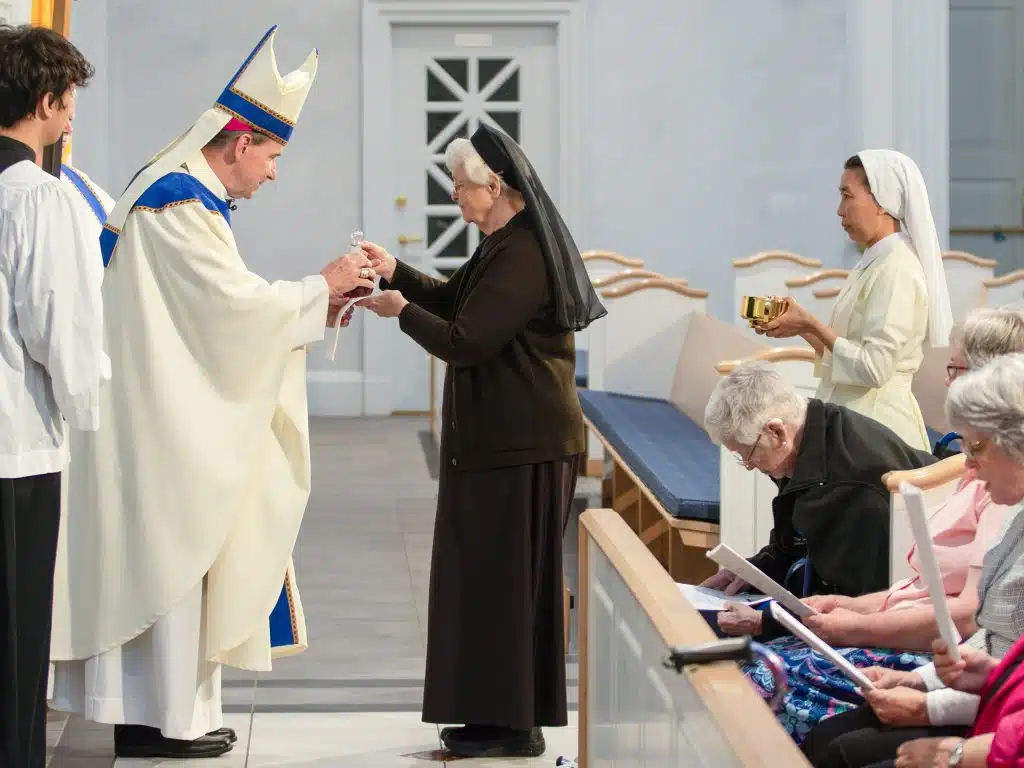In some of the poorest, most remote corners of Latin America, an army of volunteers is stepping up to take care of their communities. Though the volunteers live in different countries — Mexico, Honduras, Guatemala and El Salvador — the people they serve are plagued by similar problems: malnutrition, limited access to any organized health care, illiteracy, and little vocational training. Like many of their neighbors, the volunteers are largely unemployed, eking out a living through subsistence farming and scavenging, among other things. But while they don’t have many opportunities or material possessions, they do have purpose.
The volunteers are part of an organization called Hope for a Healthier Humanity. After being trained, each is given a caseload of about 10-20 families. Wearing a Hope for a Healthier Humanity T-shirt, they ride horses or walk dirt roads to visit their clients twice a month. They deliver nutritional supplements, weigh and measure children to ensure that they’re growing properly and check on pregnant women. Data collected from Honduras and independently studied showed that the organization’s work in that area has reduced childhood malnutrition by 80 percent.
In places where doctors are scarce, the volunteers’ knowledge can be life-saving. Two years ago, a volunteer was making her rounds when she noticed the pregnant woman she was visiting had preeclampsia, a serious condition that can cause problems for the mother and child. After alerting the neighbors, several men carried the pregnant woman for almost an hour down the mountainside to get her to a clinic. There, she was able to get a vehicle to bring her to the hospital. The physician who performed the C-section said that without the intervention of the volunteer, both mother and baby would have died.
How hundreds of everyday people became a health lifeline for their impoverished communities began with a New York health care administrator named Mary Healey Sedutto. For years, she worked under Cardinal John J. O’Connor as the president and CEO of the Catholic Health Care System of the Archdiocese of New York. Occasionally, Cardinal O’Connor sent her overseas to work with Catholic hospitals abroad. “That was eye-opening. That, for the first time in my life, gave me a real taste and smell of what poverty really is,” she said.
After Cardinal O’Connor died, Healey Sedutto left the archdiocese and founded HHH in 2001. Two years later, with the encouragement of Cardinal Óscar Rodríguez Maradiaga of Tegucigalpa, Honduras, she founded the Pan American Catholic Health Care Network, which has an international board of trustees and serves as a strategic planner for many of the programs that HHH implements.
Healey Sedutto wanted her charity to be unique. Working with the church, she located remote, impoverished communities where no government facilities or charitable organizations were serving. The nonprofit has only four U.S. employees, one of whom is her son, William. Each of the four countries where they work has a director as well as a few doctors, nurses and nutritionists. The rest is up to the hardworking volunteers.
“We never wanted to be and I hope never will be an organization with a large bureaucratic structure. We put over 97 percent of all the funds we raise directly into programming,” said Healey Sedutto, who now lives in Virginia and is a parishioner of Good Shepherd Church in Alexandria. “I wanted to create something that could be very effective in enabling people to help themselves and that’s what we’re all about.”
Keeping mothers and children healthy and well-fed is just one of its initiatives. Though it started as an organization dedicated to health, the need for other services was great. For example, a few years ago, HHH received funding to make latrines. “Then we learned families were living in them because they had a door that they could close at night and it had a concrete floor and a roof,” said Healey Sedutto. “Many houses (there) are made with nothing but sticks and dried leaves. People were then exposed to snakes or rodents or other vermin and bugs and everything you don’t want to sleep in. So that made us think about it and we said, ‘OK, we’ve got to get into the housing business.’ ”
In addition to repairing and renovating homes, the organization has distributed high-quality water filters, vaccinated children, and provided families with food, vitamins and clothing. In Guatemala, it runs community gardens. In El Salvador, it provided families with chickens and coops. Through the Debora A. Smith Literacy Scholarship Fund, more than 300 adolescents, young adults and older participants have been taught to read, write and do basic mathematics. HHH also ran a program that provided vocational training to young people to enhance their livelihood locally and deter illegal migration. “We’re very proud that 100 percent of the young men and women who participated remained in the country,” she said
Healey Sedutto credits the success of HHH with the “angels” who have helped her along the way, from the many donors to the Newark warehouse that gives HHH free space for its supplies. Her experiences have taught her to value possessions less and trust in the power of prayer more.
“Every meeting in each of those countries, everything we do begins with a prayer and ends with a prayer,” she said. “No matter how poor, the people we work with are joyous because they believe, they know the power and goodness of God, and it has humbled me beyond anything I could’ve ever imagined.”


